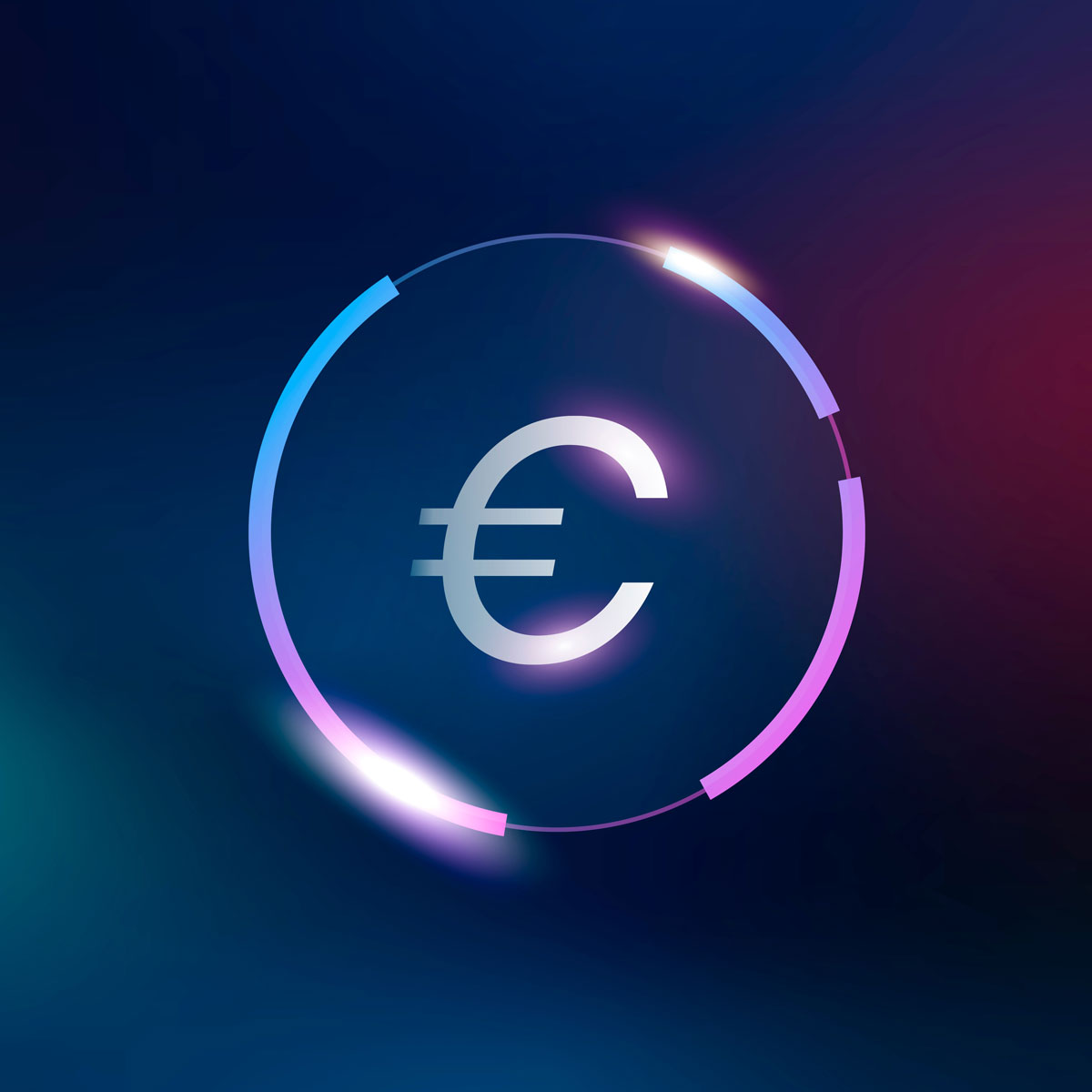86% of Portuguese people do not know what digital euro is
- Only 5 in 10 have heard of it and 12% say they know what the digital euro is.
- However, 3 in 10 realize that this form of electronic payment could be positive for society.
- 3 out of 4 are available to join the digital euro.
After a two-year research phase, in November 2023 the European Central Bank began the preparation phase for the digital euro, which will lay the foundations for the potential issuance of this electronic payment method, which is intended to be accessible to everyone free of charge.
Like the current physical currency, which will continue to exist, the objective is for it to be used anywhere in the eurozone, securely and with privacy, responding to an increasingly digital society. This is expected to be stored in a digital wallet and allow you to make all the usual payments – in a store, on the Internet or to someone else – using a computer, mobile phone or card, online and offline.
Although the end of the preparation phase is only scheduled for 2025, when it will be decided whether or not to move on to the next phase, the new Observador Cetelem, a commercial brand of the BNP Paribas Personal Finance group, sought to find out to what extent the Portuguese have already become aware of the possibility of a digital euro coming into existence. The study concluded that, although 5 in 10 respondents say they have already heard about the topic, 42% of them do not know exactly what it is about. 44% have never heard of the topic. When talking about the digital euro, interviewees associate it with words such as: money, ease, digital, cryptocurrencies, currency, digital currency and virtual money.
On the other hand, 48% of those interviewed realize that the concept of the digital euro is still unknown to society. However, when asked, for example, about the possibility of a digital euro becoming a reality on mobile devices, 3 out of 10 people consider it to be positive, especially because they expect it to be easy to use, safe and practical. . However, there are those who see the lack of knowledge, some risk of social exclusion and cyber attacks as potential negative points.
3 out of 4 Portuguese want to join the digital euro
Faced with the possibility of the digital euro becoming a reality in the coming years, 3 out of every 4 Portuguese people show their intention to adopt its use, with 16% saying they want to do so immediately after its implementation and 58% perhaps only after informing better. However, there is a significant percentage of Portuguese people who indicate that they will continue to prefer using physical cash or other electronic payment methods.
Still, consumers’ current perception is that digital euros could become one of the most used payment methods in the future (as much as physical cards). According to the survey, currently, 81% say they already use digital forms of payment, and the majority regularly use these methods to pay for online purchases and expenses.
It is worth noting that the decision on whether or not to issue the digital euro will only be considered when the European Union’s legislative process is completed, which should happen in October next year.
Follow us on Facebook, Twitter, Instagram, Youtube, and TikTok and see the exclusive content for social networks.





